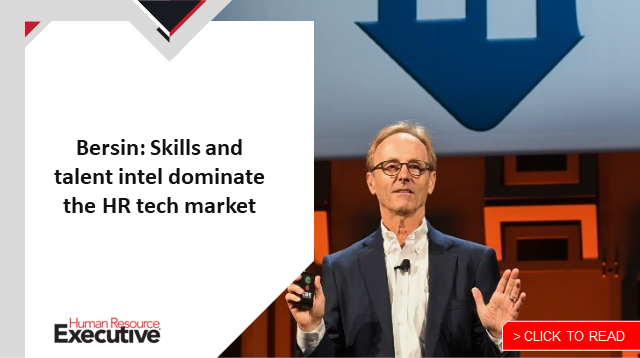Human resources has a digitization problem.
According to HR consultancy McLean & Company’s 2023 HR Trends Report, organizations across the globe are experiencing “significant lags” in their adoption of cutting-edge digitization for HR functions.
The Toronto-based consultancy defines HR digitization as “the conversion of processes, documents and other organizational information into a digital format through the use of digital technology.” This can include such routine HR functions as payroll and onboarding to complex tasks such as incorporating people analytics into hiring processes and gathering data to measure employee engagement and performance.
In its survey of 1,075 business professionals from organizations in the U.S., Canada and parts of Europe and Asia, McLean found that 58% of respondents said that their HR departments have not gone through a digitization transformation, and 55% are experiencing “significant challenges or barriers” to HR digital transformation.
 William Howard, director of HR research and advisory services at McLean & Co. and one of the principal research leads for the report, says he expected the number of HR leaders who struggle with digitization to be lower.
William Howard, director of HR research and advisory services at McLean & Co. and one of the principal research leads for the report, says he expected the number of HR leaders who struggle with digitization to be lower.
“The number of people who haven’t gone through digitization was a bit of a surprise,” he tells HRE.
Survey respondents, who were allowed to pick multiple reasons for their challenges in achieving HR digitization, cited several factors for their lack of success. An estimated 41% said their top challenge was having to work with legacy systems, while 39% cited insufficient budgets and 33% said their organization lacked a digital HR strategy. Meanwhile, lack of leadership, change resistance and unclear accountability each received around 20% of survey respondents’ votes. [HR technology projects will be a key topic at the 2023 HR Tech Virtual Conference from Feb. 28 to March 2.]
Of these challenges, not having a clear HR digitization strategy is a key factor for digitization delays. “Without a strategy to chart the course and embed a sense of ownership, purpose and direction, what is already a highly complex transformation journey becomes even more of a challenge,” write Howard and the report authors.
In addition to planning out a clear strategy, if HR leaders truly want to achieve a digital transformation, they will have to find a voice to advocate for the project, advises Howard.
“A really important reason [for digitization challenges] is that HR doesn’t always have or use the language to communicate the value that technology brings to the organization,” he says. “The ability to have conversations around these sorts of things, use the language and build business cases for technology will be a huge help.”
To do this, HR leaders will need to expand their technical skillsets so they can better understand the promise of HR digitization in the coming years. However, this could be a challenge since HR has not historically been on the cutting edge of technology.
“Even 20 years ago, technology was not at the forefront of what HR did but that obviously has changed,” says Howard. “Today, you’ve got people who have been on one of the original versions of PeopleSoft since 1995 and they just don’t know what’s available out there.”
Working closely with colleagues in their organization’s IT departments could be transformative, adds Howard. “I don’t think it’s possible to overstate how important it is to have that good partnership with IT,” he says.
In terms of the current landscape, the McLean report found that organizations report being at different stages in their digitization journeys. Of the firms that are undergoing a digital transformation project, 97% say they are optimizing HR processes, 93% are expanding the use of existing technologies and 88% are exploring additional technology.
 “The benefits of HR digital transformation are clear: [It allows you to become] a more effective and strategic HR department equipped with the ability to make data-driven decisions,” according to the report.
“The benefits of HR digital transformation are clear: [It allows you to become] a more effective and strategic HR department equipped with the ability to make data-driven decisions,” according to the report.
Even if HR leaders are daunted by a large-scale digitization project, Howard believes they should focus on the advantages of this endeavor—and work to communicate them to the workforce. “To maximize and sustain the benefits of HR’s digitization journey,” he writes, “employees must understand the purpose of digitization, know what’s in it for them and the organization, and be equipped with the appropriate skill sets.”
Registration is open for the HR Tech Virtual Conference from Feb. 28 to March 2. Register here.
The post HR digitization strategies are lagging; here’s what HR leaders can do appeared first on HR Executive.